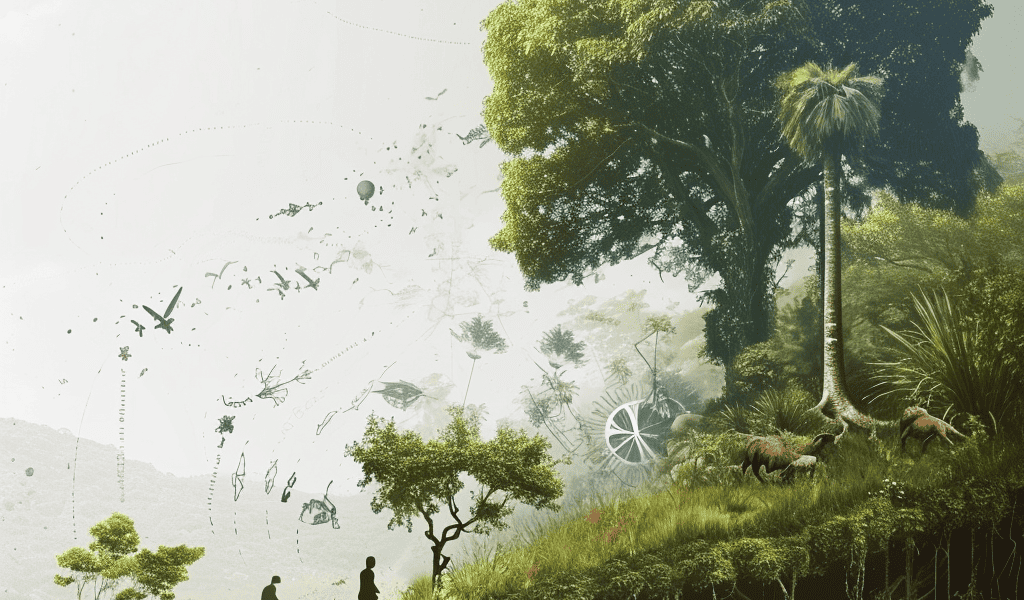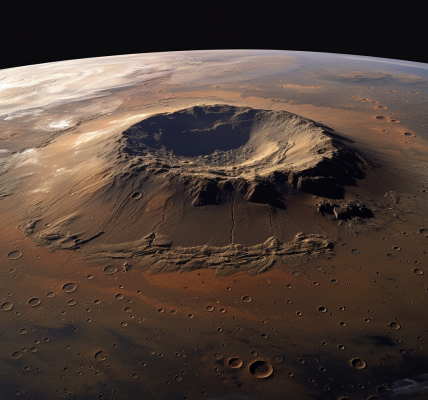Evolution might stop humans from solving climate change, researchers say
By Marcus Wolf, University of Maine
Humans have come to dominate the planet with tools and systems to exploit natural resources that were refined over thousands of years through the process of cultural adaptation to the environment. University of Maine evolutionary biologist Tim Waring wanted to know how this process of cultural adaptation to the environment might influence the goal of solving global environmental problems. What he found was counterintuitive.
The project sought to understand three core questions: how human evolution has operated in the context of environmental resources, how human evolution has contributed to the multiple global environmental crises, and how global environmental limits might change the outcomes of human evolution in the future.
Waring’s team outlined their findings in a new paper published in Philosophical Transactions of the Royal Society B. Other authors of the study include Zach Wood, UMaine alumni, and Eörs Szathmáry, a professor at Eötvös Loránd University in Budapest, Hungary.
The study explored how human societies’ use of the environment changed over our evolutionary history. The research team investigated changes in the ecological niche of human populations, including factors such as the natural resources they used, how intensively they were used, what systems and methods emerged to use those resources and the environmental impacts that resulted from their usage.
This effort revealed a set of common patterns. Over the last 100,000 years, human groups have progressively used more types of resources, and their usage has become more intensive. This has led to the emergence of systems and methods to exploit these resources, resulting in significant environmental impacts.
The project’s findings suggest that the dimensions of environmental management create an attractor landscape for long-term human evolution. Environmental sustainability challenges require a minimum level of cooperation in a society of a certain minimum spatial size. The study outlines two potential paths that move humanity toward different long-term evolutionary outcomes.
Path B involves competition between societies over common environmental resources, creating cultural selection between groups for increasingly direct competition and conflict. Path A, on the other hand, involves growing cooperation between societies, facilitating the emergence of global cultural traits to preserve shared environmental benefits.
According to the study, central features of human evolution may hinder our species from resolving global environmental problems like climate change. The research team’s efforts shed light on how human societies’ use of the environment has changed over our evolutionary history and how this might impact the future of our species in the face of global environmental challenges.
Credit: Philosophical Transactions of the Royal Society B: Biological Sciences (2023). DOI: 10.1098/rstb.2022.0259





